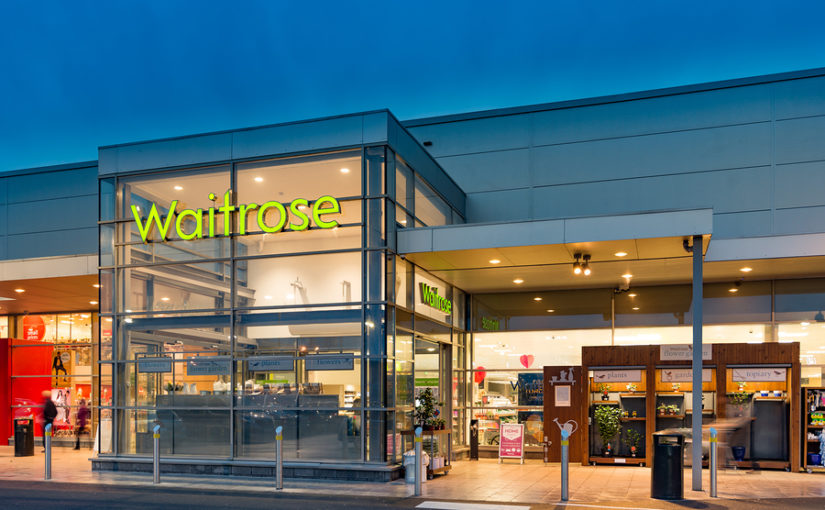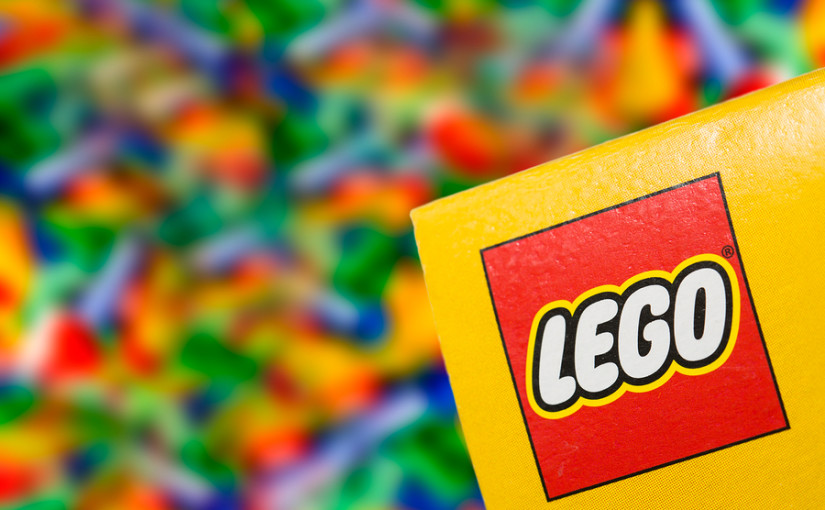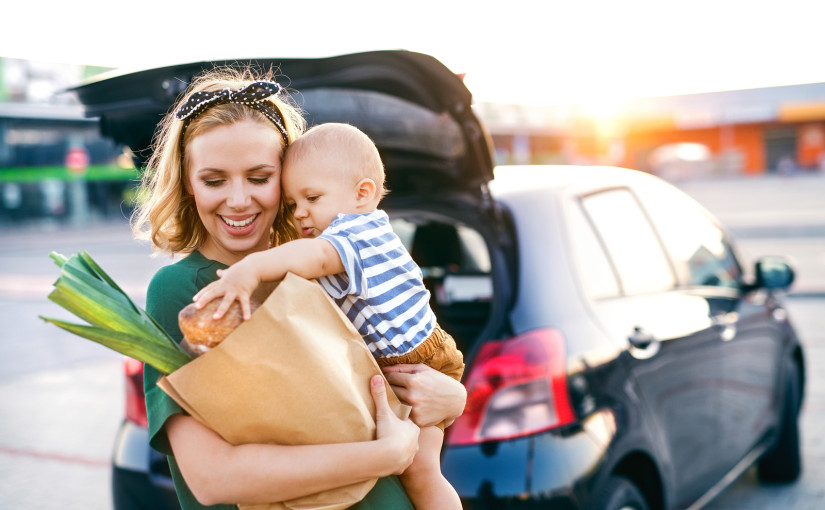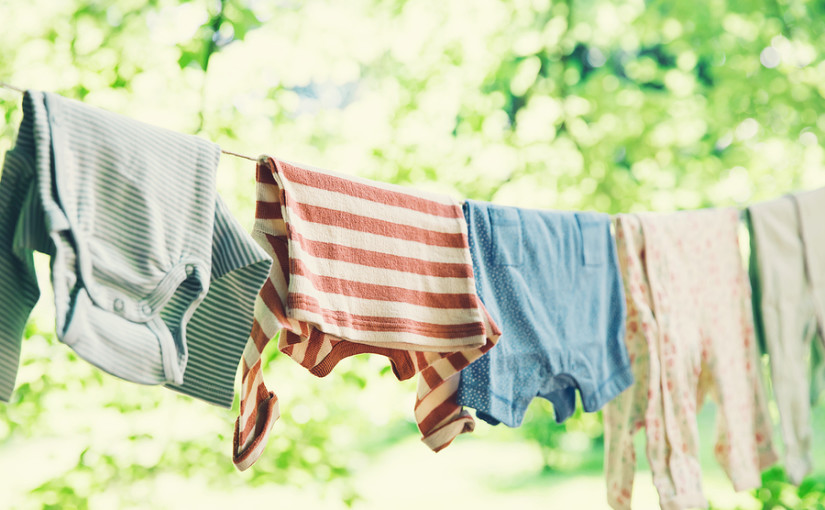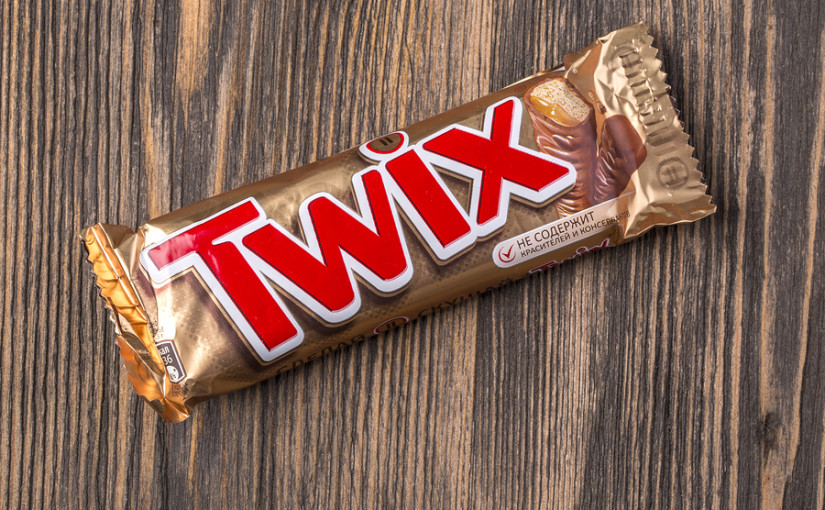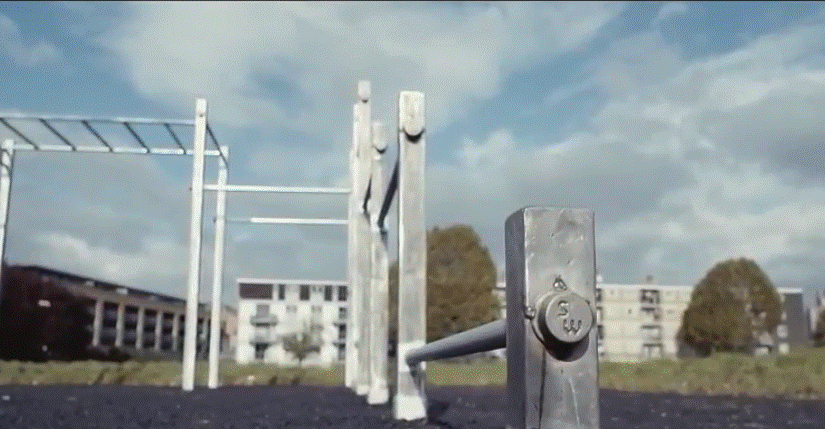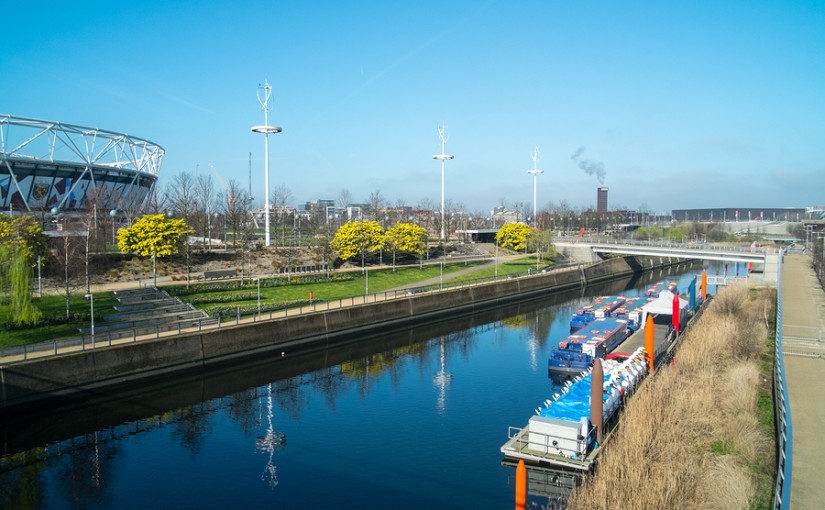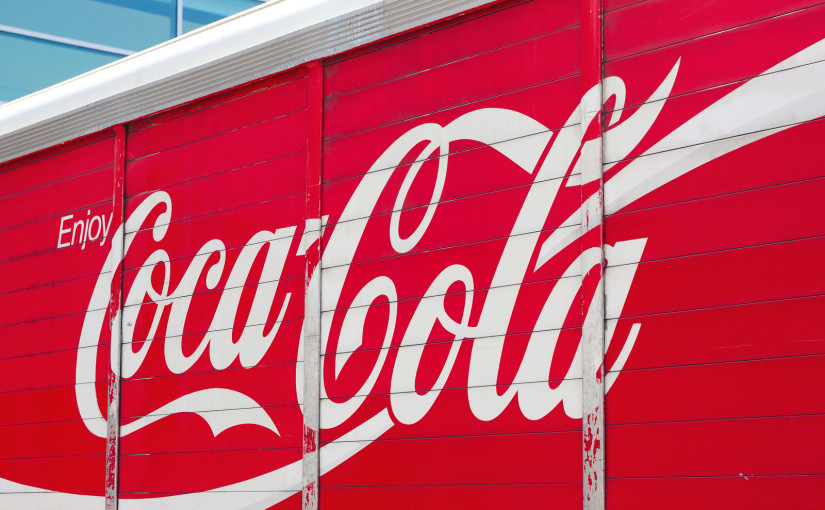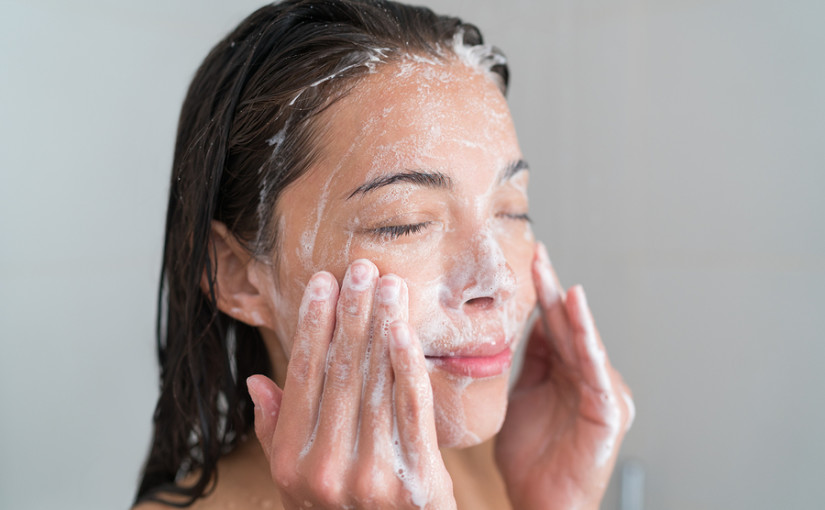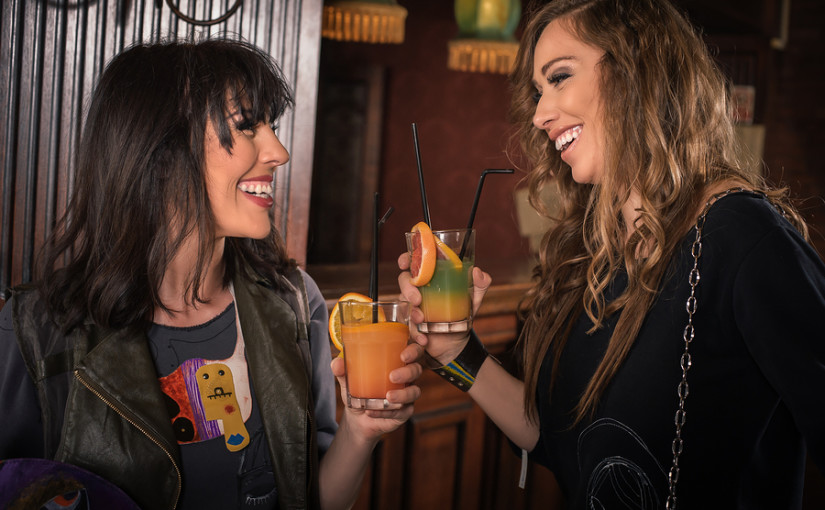Supermarket chain Waitrose has vowed to remove all disposable cups from its stores by autumn 2018. It currently gives out approximately 52m disposable cups per year through its loyalty scheme, myWaitrose, which offers shoppers a free hot drink from a self-serve machine each time they visit a store.
Category: News
LEGO creates plant-based toys
LEGO, the Danish company which is highly popular with both children and adults for its buildable plastic bricks, has taken the move to produce a new range of sustainable plastic pieces made from sugarcane. These are currently in production.
Meet the world’s first plastic-free supermarket aisle
This week marked the unveiling of the world’s first plastic-free supermarket aisle. Dutch supermarket chain Ekoplaza has installed the trial aisle in its Amsterdam branch, and hopes to roll out similar aisles within its 74 other branches by the end of 2018.
The aisle features over 700 plastic-free products including fresh fruit and vegetables, sauces, meat, rice, snacks, cereal, yoghurt, and more. Those items that do require some kind of packaging have instead been packed in environmentally-friendly compostable biomaterials where appropriate, alongside more traditional glass, cardboard and metal.
Continue reading Meet the world’s first plastic-free supermarket aisle
Textile waste: New clothing range that grows with kids
While it doesn’t hit the headlines as much as plastic waste, textile waste is also a large problem for our planet – especially since the advent of ‘fast fashion’. In fact, in 2015 alone, the UK sent an estimated 1.1 million tonnes of textile waste to landfill. Most of that will have been unwanted, old or outgrown clothing.
Continue reading Textile waste: New clothing range that grows with kids
The UK’s food & drink industry has halved its carbon emissions
The Food and Drink Federation’s (FDF) latest report has shown that UK-based food and drink companies had successfully reduced their carbon emissions in 2016 by 51 per cent since 1990.
Continue reading The UK’s food & drink industry has halved its carbon emissions
Outdoor gym created from recycled knives
An outdoor gym has recently opened in Tower Hamlets, east London, which has been constructed almost entirely from the metal of confiscated and surrendered knives and blades.
Travellers fly-tip next to London’s Olympic Park
It is alleged that a large group of travellers has recently been illegally collecting waste from people who paid to have their waste removed, then fly-tipping it where they were parked up, near the Olympic Park in Stratford, east London.
Continue reading Travellers fly-tip next to London’s Olympic Park
Coca-Cola ad made entirely from 100% recyclable packaging
Beverage retail giant, Coca-Cola Great Britain has released a new advert made using its 100 per cent recyclable bottles.
Entitled Love Story, the new advertisement follows the tale of two plastic bottles who are able to fall in love thanks to being recycled over and over again. The aim of the ad is to highlight the value of packaging, the importance of recycling, and to reinforce the fact that Coca-Cola’s packaging is 100 per cent recyclable and can therefore be recycled many times over.
Continue reading Coca-Cola ad made entirely from 100% recyclable packaging
Scientists develop plastic-free microbead alternative
Scientists at the University of Bath have developed a plastic-free microbead alternative that won’t pollute our oceans.
Microbeads are manufactured solid plastic particles of less than 5mm in width, which are often found in beauty products such as body and facial scrubs, and toothpaste. These tiny plastic beads have met heavy criticism in recent years due to the fact that they slip through sewage filtration systems, ending up in our waterways and oceans, where they are innocently consumed by marine life and birds. In fact, a recent study estimated that nine in 10 of the world’s seabirds have plastic in their stomachs.
Continue reading Scientists develop plastic-free microbead alternative
Straws suck: UK pub chain clamps down on plastic straws
Peter Borg-Neal, the boss of UK pub chain Oakman Inns, was recently shown a YouTube video of a turtle having a plastic straw removed from its nostril, with the turtle in obvious pain and discomfort. This video had a huge impact on him personally and therefore on his business, too. Borg-Neal said:
“My response when I saw the video was the same as anyone else. It’s appalling and horribly unnecessary. Those straws simply should not be in the sea.”
In a direct reaction to the video he watched, Borg-Neal decided to restrict straw availability in his chain of 17 pubs, which had been collectively working their way through 100,000 plastic straws per month. He rolled out the campaign across the chain on 22nd April 2017, only giving out straws when they are requested; no longer giving them out automatically.
Continue reading Straws suck: UK pub chain clamps down on plastic straws
